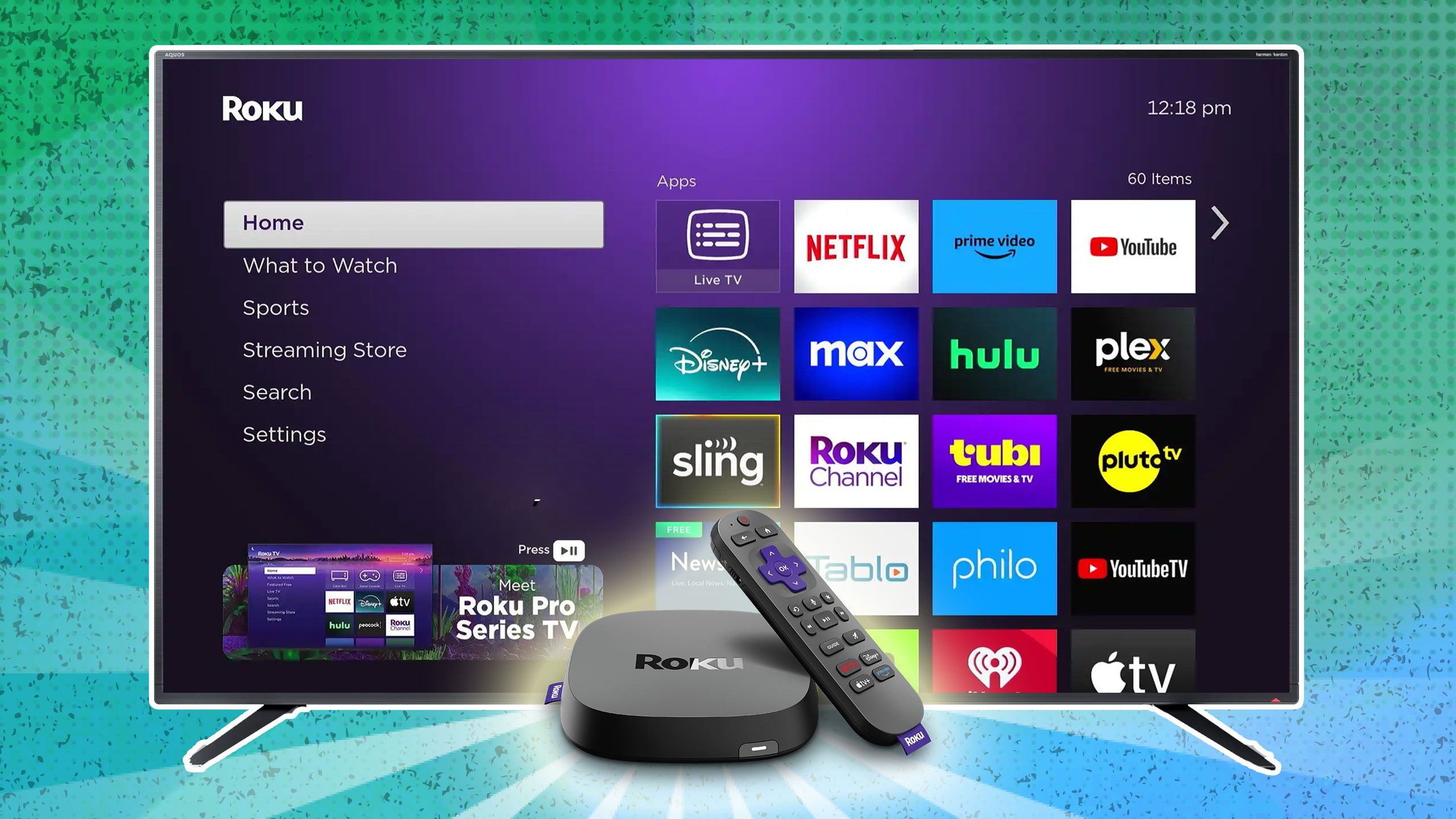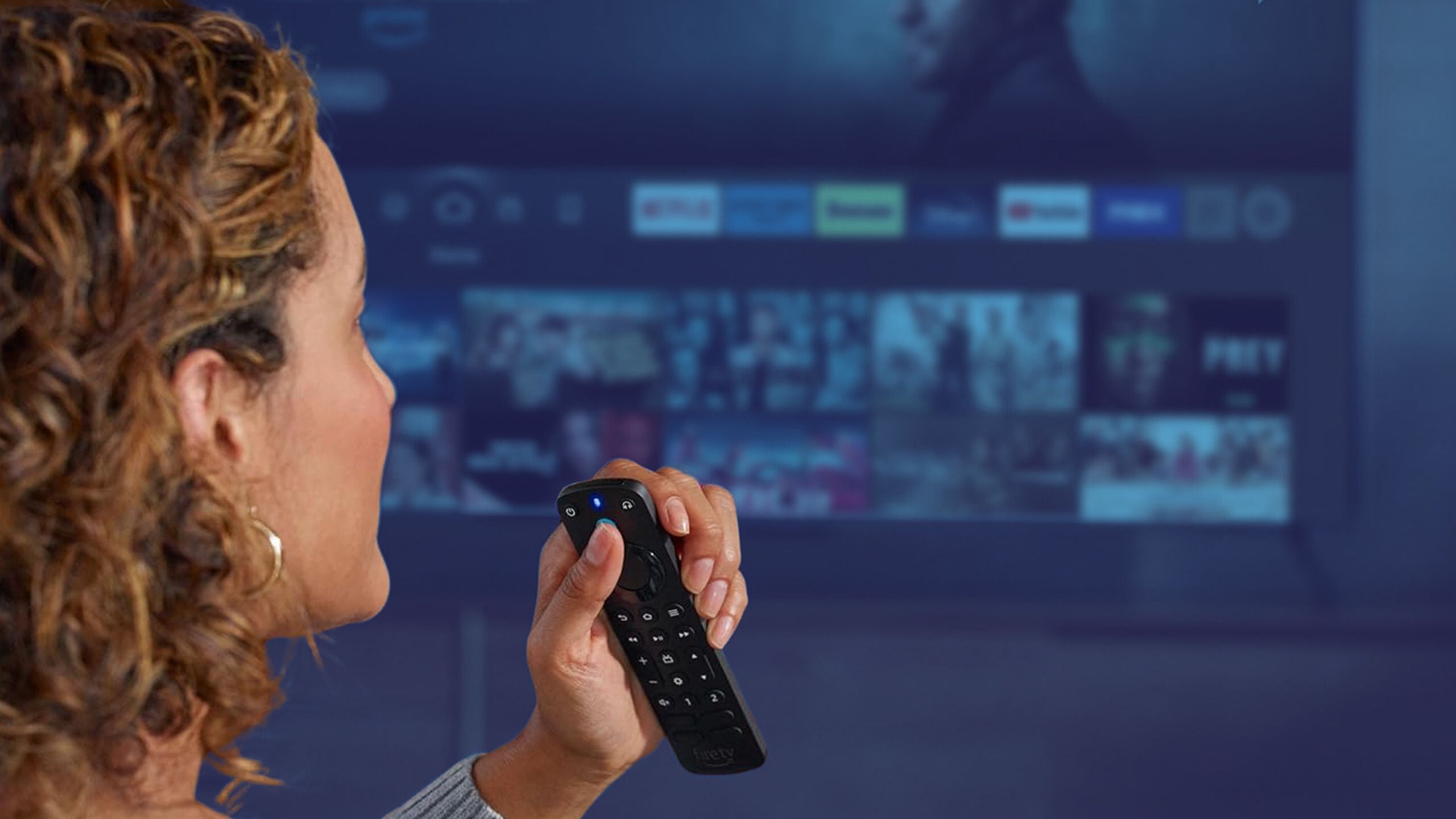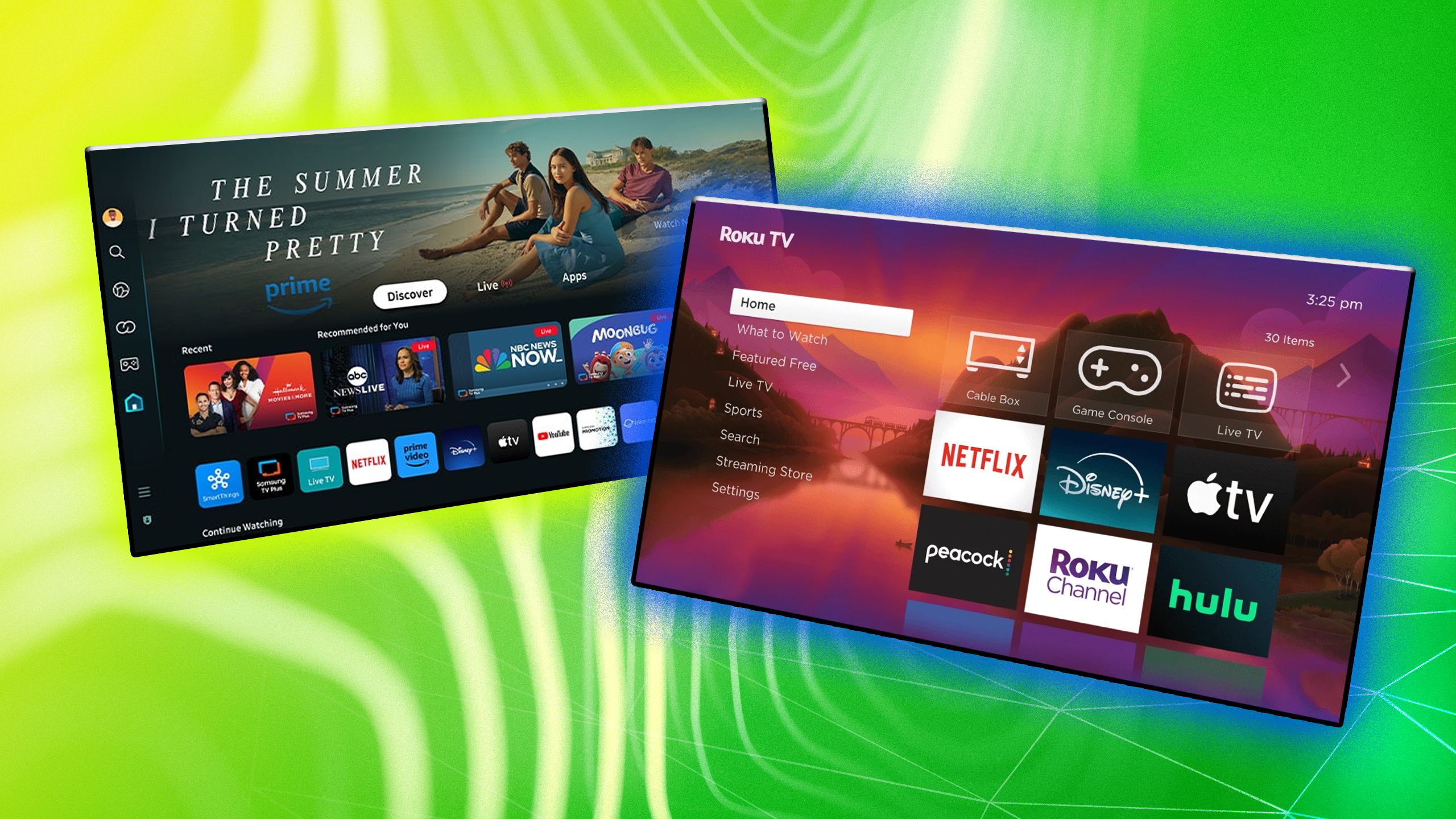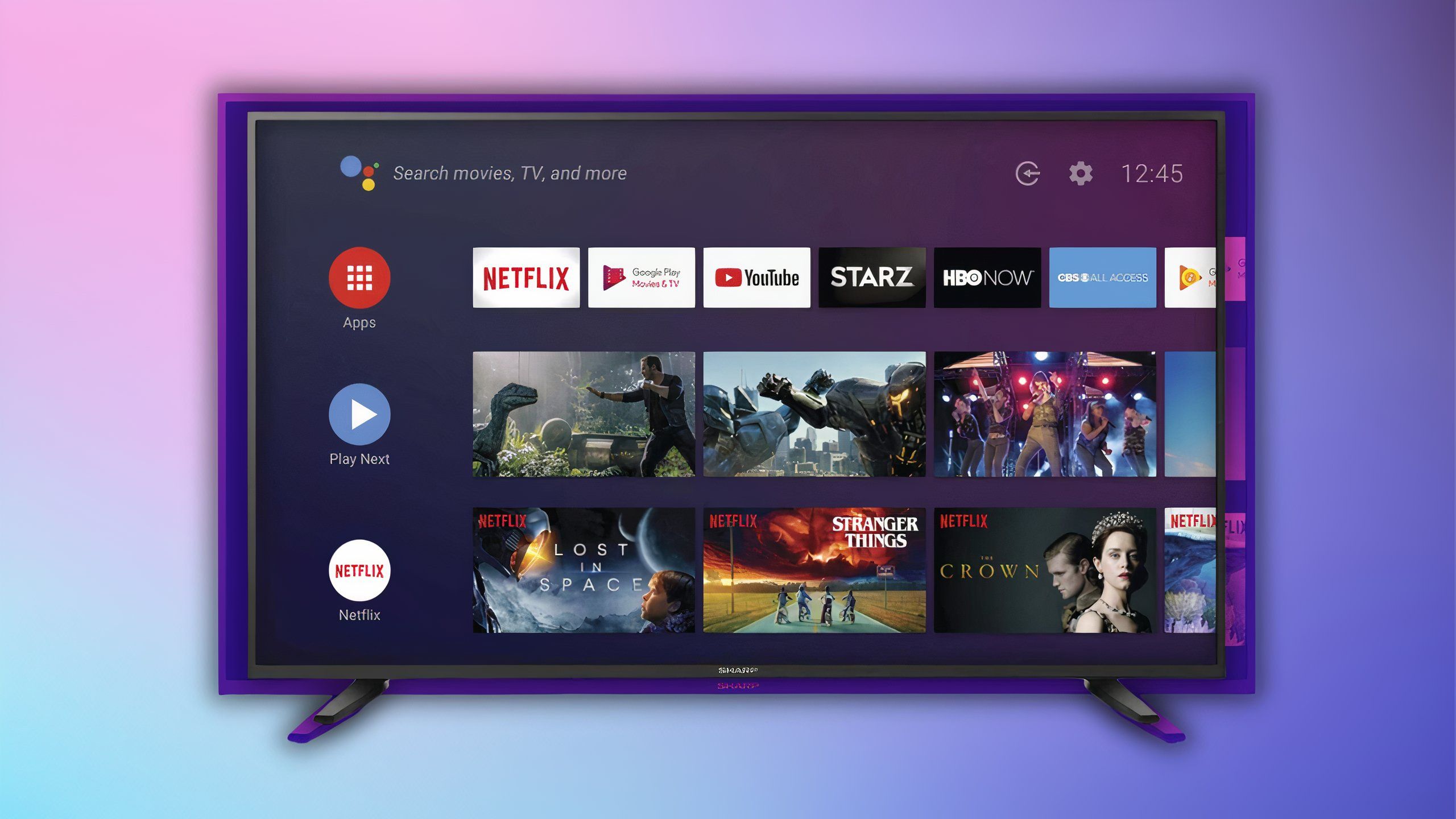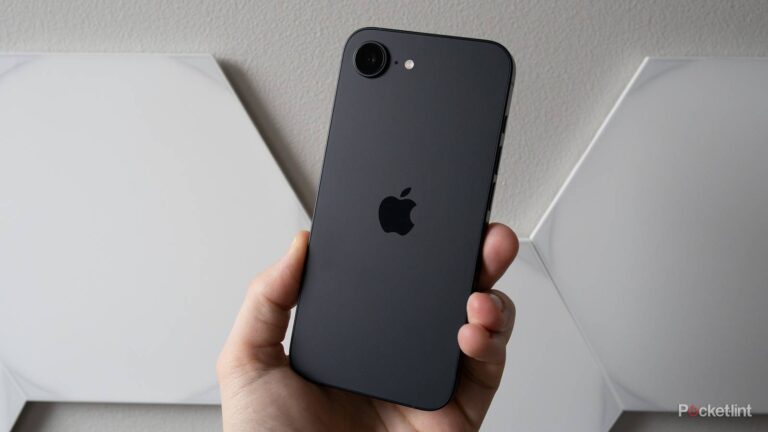Summary
- Make smart TVs appeal to younger demographics by adding features like art display and white noise.
- Develop TVs that are easy to move for events or room changes in shared living spaces.
- Improve smart TV user experience with voice commands for content search and sleep mode detection.
Many companies want to appeal to younger demographics. It’s important to be seen as accepted by younger generations in many industries. When it comes to electronics, that isn’t always the case. But, with younger generations having grown up with the technology that we have today,
electronic devices
can be naturally geared towards them.
There’s a reason why many of the best-selling tablet companies have kid-friendly tablets in their product lines. If kids are exposed to it, they’ll learn how to use it.
iPad kids
are children who have been used to using technology for their entire lives. If a gadget is cool, the youth will find it. It doesn’t hurt to have a product that is multi-functional and able to be used by everyone. You don’t need to market a product directly to millennials or Gen Z if you don’t need to.
That’s the case with smart TVs. Rarely are you going to see an advertisement directed at a younger generation for a TV. People who buy TVs tend to be older, with more wealth, and a place to store it. But they aren’t the only people who watch TV. There are plenty members of the younger demographic who are looking for TVs, whether for streaming their favorite shows or
playing their favorite games
. Making an investment in a smart TV is just that: an investment. Here are some of the things that smart TVs can do to market themselves to a younger generation.

Related
12 mobile games that defined my childhood (and maybe yours too)
Back in my iPod Touch days, you’d never catch me without these early mobile games flaunting my home screen.
1
Make TVs easier to move
Sharing a TV can be hard amongst roommates
Pocket-lint / Roku / Sharpusa
As mentioned before, mounting a TV isn’t a new thing. But it can also be a bit of a tricky thing. TVs can be extremely heavy and difficult to carry. TVs should find a way to become lighter. If you live in an apartment, you either may not be able to mount something on your wall or, if you can, you will have to remove it when you move out. That can be tough to do.
If you don’t have a ton of money to fill out the walls in an apartment or home, having a TV that can also act as art would kill two birds with one stone.
If TVs weren’t as heavy, they could be moved from room to room with ease. Let’s say there’s a big event happening, like the Super Bowl or the Grammys. One roommate has a bigger TV than anyone else in their room. If the TV is light enough, they could bring the bigger TV out into the common living space for everyone to enjoy. There’s obviously a lot that needs to happen for this to be achieved, but the younger generation can wish.

Related
Mounting my TV gave my home theater the upgrade it needed
Mounting a smart TV takes time and effort, but the payout is absolutely worth it.
2
Make searching for content easier
Utilize voice commands to the best of their abilities
Amazon / Pocket-lint
It can be exhausting trying to find something good to watch. When you use a smart TV, there are apps you can download to stream content. The content platforms don’t make it easy to keep track of what content is on their app and what isn’t. If you want to watch a specific show, you may have to go to several different platforms, type in the name of the show, and see if it’s on there. It may not be, leaving you right back at the start of your journey.
Smart TVs should use AI to make finding content simpler. Voice commands would be an easy way to make this happen. While many TVs have voice commands and voice remotes, not many let you ask them what streaming service has a specific movie. While manufacturers are at it, customizing a viewing profile based on someone’s voice would be a great step. One person can talk to the TV and the TV could recommend shows based on their preferences. The next person could speak and, recognizing there is a different voice, it could make other recommendations.
You can add voice remotes to your TV if you add streaming devices like an Amazon Fire TV Stick or a Roku Streaming Stick.
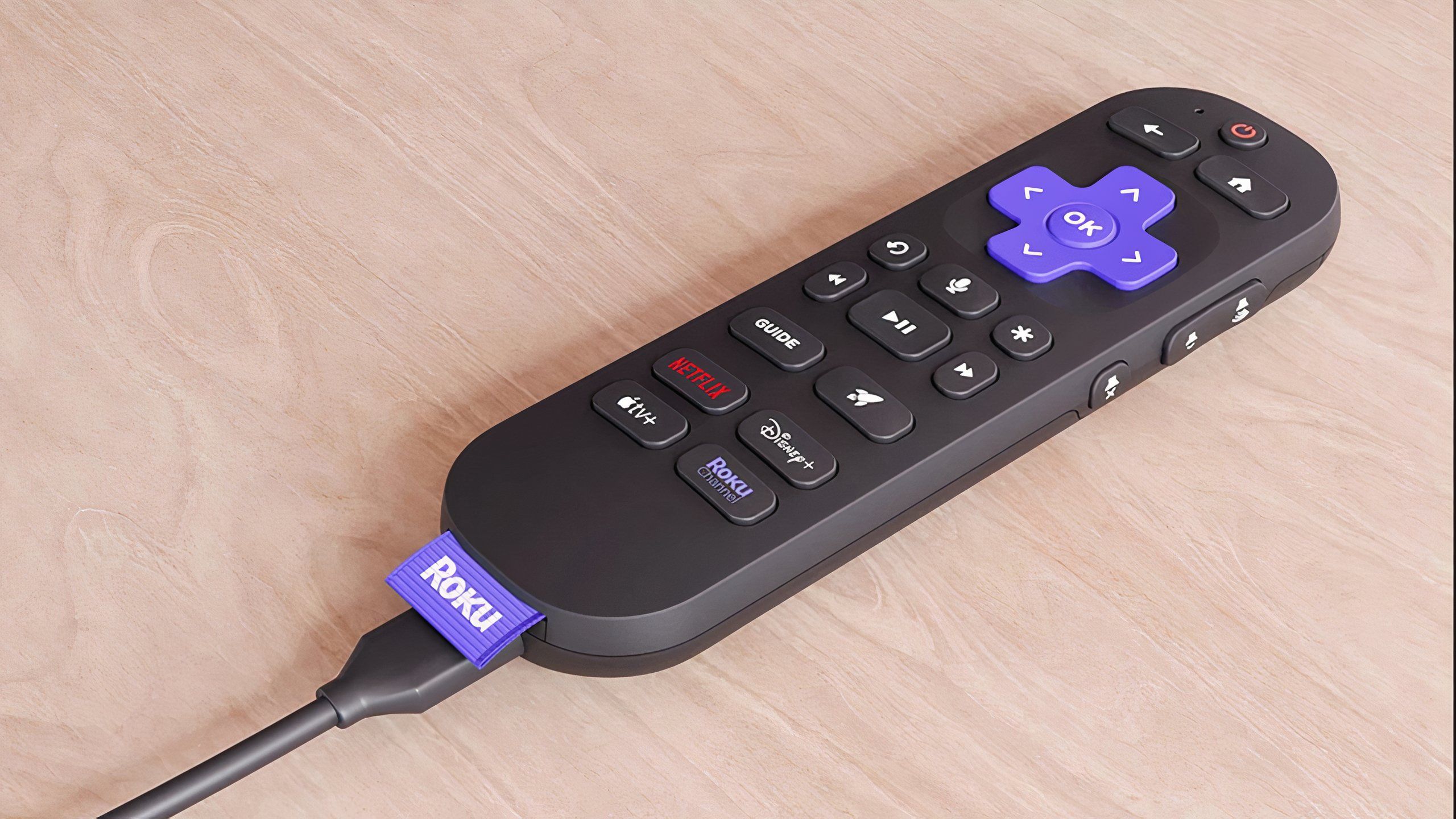
Related
Roku’s 2nd-gen Voice Remote is an upgrade, but one big feature is missing
The Roku 2nd Gen Voice Remote will add some convenient features while maintaining simplicity.
3
Recognize when someone isn’t watching anymore
Help them drift off to sleep
Pocket-lint / Roku / Samsung
Plenty of people like to fall asleep with the TV on. Not only that, but many people like to watch TV as the last thing they do before they go to bed. It’s only natural to doze off with your show running. In recent years, Netflix has added in the feature to let it know if you’re still watching if you haven’t touched the remote for a while. This is when people are binge-watching shows and may not need to press anything. It checks to make sure they’re still awake.
What could be really helpful is having a sensor on the smart TV that recognizes if someone has fallen asleep. Better yet, if there was a mode that you could put on that would start to play white noise or other sleep sounds after a certain time of watching, that would be an ideal feature. Think of a sleep timer but, instead of the TV shutting off, it played sounds that helped you fall asleep. While white noise machines have been around since the 1960s, many young people use them to help them fall asleep because of the increased knowledge of the benefits of sleep.
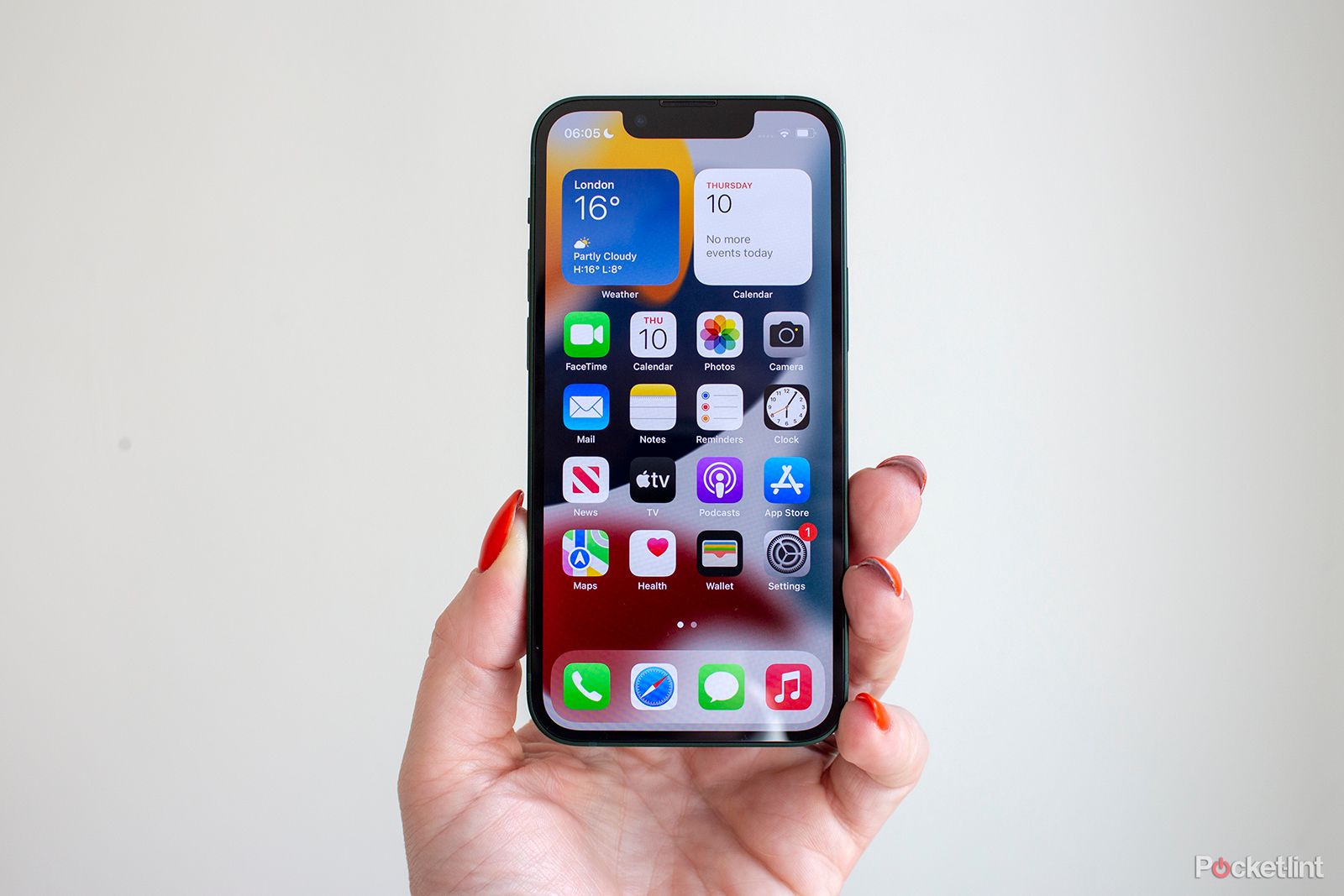
Related
How to quickly use your iPhone to turn on white noise
The iPhone has a white noise feature. Here’s how to find it and use it.
4
Check your email from your TV
This is for the group of people who never stop working
Pocket-lint / Sharp
The go-go-go mentality of young professionals fits well with them always trying to get ahead. With a phone in their pocket, they are typically always reachable. With more remote roles or the ability to work some from home, having your work with you at all times is almost an expectation. This can even encroach on downtime, which may be when someone is watching TV.
If a smart TV allowed someone to check their email right on the screen, it could alleviate having to drag a laptop or tablet out and respond to one. Imagine going “Alexa, show me my email,” and having your Fire TV bring up your email. Then, you could have it respond for you by dictating what it should say. This could keep workers engaged but also make it easy on them to stay in touch. This one seems like it could happen rather soon because of all the integrations smart TVs have and the apps they can use. You’re already able to use a browser on a smart TV. Why not make a Gmail or Outlook app available as well?





